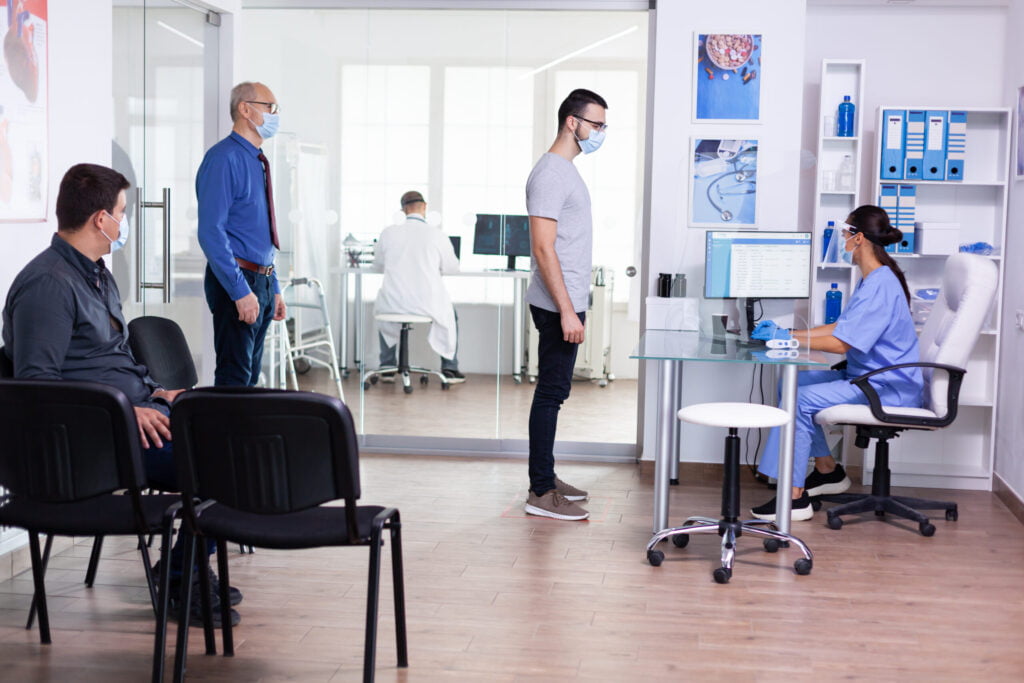As an administrator of a hospital, it’s your responsibility to ensure that your facility provides the highest quality of care to patients. In addition to providing top-notch medical treatment, there are several other factors that contribute to the overall success of a facility. Here are a few tips to help you improve your hospital:
Adverse Event Reports

As a hospital, ensuring patient safety should be your top priority. One of the most important aspects of achieving this goal is through adverse event reporting. This tool allows the hospital to closely monitor any incidents that may have caused harm to patients or staff members. These incidents can range from medication errors and patient falls to surgical errors and equipment malfunctions. By identifying these events and analyzing the circumstances under which they occurred, the appropriate parties can effectively identify the underlying causes and implement corrective actions to prevent future incidents.
Commercial HVAC Services
Proper heating, ventilation, and air conditioning (HVAC) is essential for maintaining a comfortable and safe environment for patients and staff. Commercial HVAC services such as those offered by Five Cross Services LLC can help you ensure that your HVAC system is running efficiently and effectively. Regular maintenance and inspections can help prevent breakdowns and ensure that your system is running at optimal levels. Additionally, HVAC systems that are running efficiently can help reduce energy costs and improve indoor air quality. Clean air can help prevent the spread of germs, reduce the risk of infection, and enhance patient outcomes.
Patient Satisfaction Surveys
Patient satisfaction is one of the most important components of a healthcare facility’s success. It is the measure of how satisfied patients are with the care and services they receive during their stay. Satisfied patients are more likely to recommend the location to their family and friends, which can help to foster a positive reputation and increase the patient base. On the other hand, dissatisfied patients may choose to seek care elsewhere, which can result in a loss of revenue for the hospital. Addressing patient concerns can help to improve the quality of care, reduce wait times, improve communication between staff members and patients, and ensure that the facility is clean and well-maintained. These efforts can result in increased patient satisfaction and improved patient outcomes.
Staff Training and Development

Your staff members play a crucial role in providing quality care. They are the ones responsible for ensuring that patients receive the highest level of medical attention, and therefore, training and development of your staff is essential to the success of your facility. Staff members require ongoing training to maintain their skills and stay up-to-date on the latest advancements in medical science. This will ultimately help them provide higher quality care for your patients, leading to positive medical outcomes and better patient satisfaction.
Electronic Health Records (EHR)
With the advancement of technology, electronic health records (EHRs) are becoming the go-to method for documenting and managing patient health information. EHRs offer a digital alternative to the traditional paper chart, allowing for centralized storage of patient data that can be accessed by authorized healthcare providers. This centralized location has made it easier for healthcare providers to access patient data from various departments, resulting in better communication and coordination of care.
Patient Education and Communication
Patient education and communication are essential for ensuring that patients understand their diagnosis, treatment options, and how to manage their health once they are discharged. Providing educational materials and resources, such as pamphlets or videos, can help patients feel empowered and informed about their healthcare. Additionally, clear communication between patients and healthcare providers can help prevent misunderstandings and ensure that patients receive the best possible care.
In conclusion, there are several ways that hospital administrators can improve their facilities. Adverse event reports, commercial HVAC services, patient satisfaction surveys, staff training and development, electronic health records, and patient education and communication are all critical components of a successful healthcare operation. By implementing these tips, you can help ensure that your facility provides the highest quality of care to patients and continues to thrive in the ever-evolving healthcare industry.















